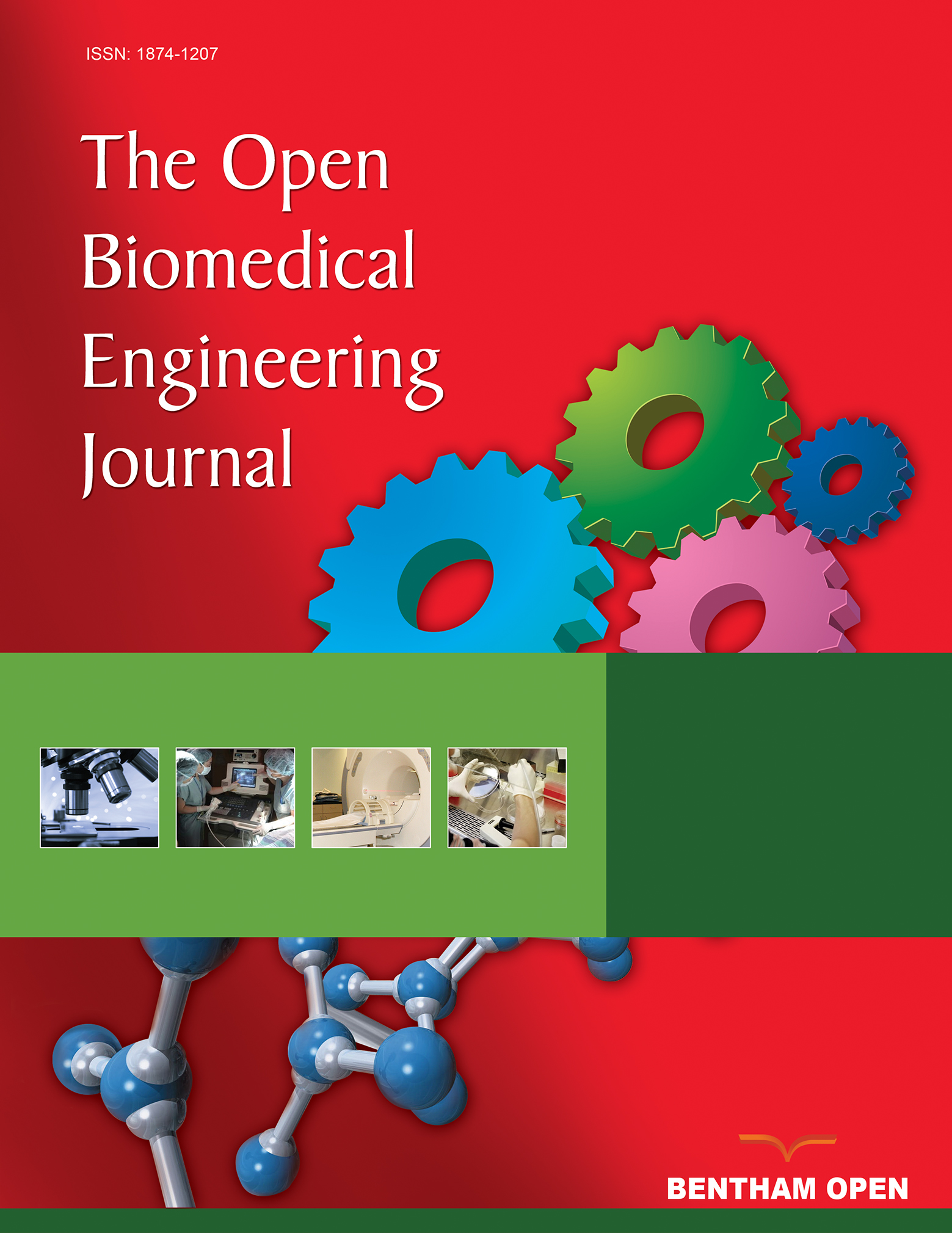A Survey on Deep Learning Models Embed Bio-Inspired Algorithms in Cardiac Disease Classification
Abstract
Deep learning is a sub-field of machine learning that emerged as a noticeable model in the world, specifically for the disease classification field. This work aims to review the state-of-the-art deep learning models in Cardiac Disease prediction by examining several research papers. In this study, popular datasets listed and analyzed in the prediction process of cardiac disease with their performance using various deep learning techniques are presented. This review emphasizes the latest advancement in the six deep learning models, namely, deep neural networks, convolutional neural networks, recurrent neural networks, extreme learning machines, deep belief networks, and transfer learning with its applications. The important features of cardiac disease used by five different countries have been listed that guide researchers to analyze it for future purposes. Freshly, deep learning models have yielded an extended performance in cardiac disease detection that shows its rapid growth. Specifically, deep learning effectiveness concerted with the bio-inspired algorithms is reviewed. This paper also presents what major applications of deep learning techniques have been grasped in the past decade.


